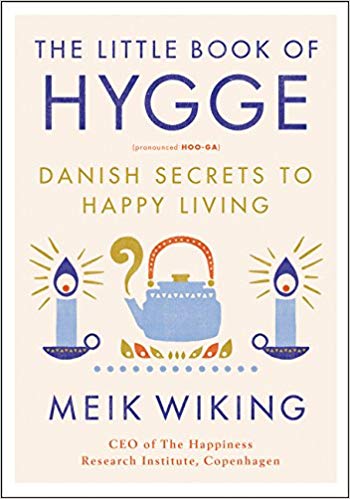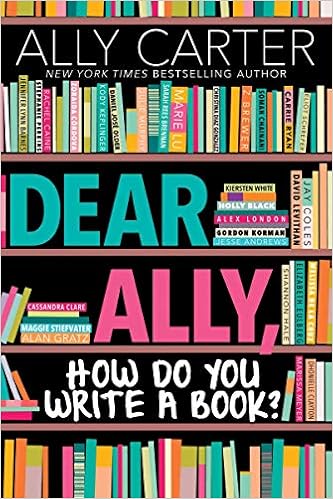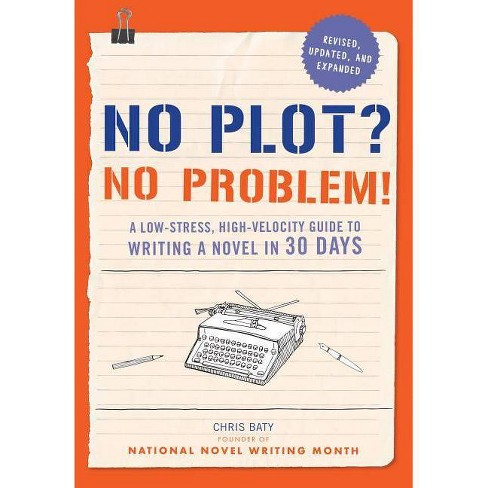Usually I judge books by how much they make me think, or how interesting they are, or how well they transport me to another world. I like well-drawn characters and fun plots and magical, mystifying moments that make me gape in awe at the thought of a flesh-and-blood human coming up with such a thing.
In short, I vastly prefer fiction to nonfiction.
But when I start judging by other criteria–that is, by which books have actually changed my life in visible ways–most of them are nonfiction books. (Also, most of them I never actually finished reading, haha.)
Anyway. Here are the books that changed my life this past year.
The Little Book of Hygge: Danish Secrets to Happy Living, by Meik Wiking

I read this book because I was trying to do a holiday blogging series, and I wanted to write about cozy winter-themed books.
This book recommended wool sweaters as a path to hygge, so I bought a merino wool sweater. A slightly over-sized, gray and darker gray striped, cozy sweater made in Ireland. $4 at a thrift store.
Then, I proceeded to wear this sweater all the time. In Pennsylvania especially, it was the only garment I owned that made me feel warm, so I literally wore it every single day. I felt like a cartoon character.
That was the primary way this book changed my life, but it also inspired me to buy a candle. I toyed with the idea all year, and finally bought one this fall. (Actually, I asked Jenny to pick one up for me and she just bought it as a gift. That’s the kind of sister I have, folks.)
How to Fail at Almost Everything and Still Win Big, by Scott Adams

This book was on my brother Matt’s bookshelf when I stayed at his house over Christmas. I have a particular dislike of self-help books, so I was surprised when I found that I resonated deeply with the things Adams was saying. I concluded that Adams must be an Enneagram 5, and that’s why both Matt and I find his advice useful. Heh heh.
Maybe it sounds cheesy to say–and maybe everyone knows this already–but if you want to succeed, you just gotta get out there and fail a lot. I knew that on a surface level already–you miss 100% of the shots you don’t take and all that jazz–but I was able to really believe it on a deeper level after reading Adams’ book.
Also. Adams gives tons of advice that’s just plain practical and useful.
I would say it changed me, because I’m now learning to tell myself a different story about my failures. One where I’m on a path to success rather than completely incompetent.
No plot? No problem!, by Chris Baty
When I started this book, I didn’t understood the term “process” as it related to writing. When I finished the book (and by “finished” I mean stopped reading 5/6ths of the way through) I still didn’t understand the term. Because Baty doesn’t talk about finding your process.
Instead, he offers a one-size-fits-all process: Tell all your friends that you’re writing a novel in a month, and then sit at your computer and pound out 1,667 words per day.
I tried it, and failed spectacularly. I had no plot, and it was a problem, thank you very much Baty. I didn’t know what should happen next, so I wrote dumb stuff that I hated, and then I tried to make it extra-serious for some reason, which was stupid because it was based on a silly premise. I hated the book so much that I didn’t want to work on it anymore.
But taking the Scott Adams approach, I was able to figure out a lot about my writing process through this failure.
Like, if there’s no humor in my book, I am going to eventually hate it. Also, a writing system works much better for me than a writing goal does (Adams was big on having systems instead of goals). And finally, I have to know where the plot is going before I start writing. At least have some idea.
Dear Ally, How Do You Write a Book?, by Ally Carter

When I read Carter’s book, I understood “process.”
“Should I plot out my entire novel as I go, or should I just fly by the seat of my pants?” readers asked Carter. To which she replied that every writer has a different process. The system that works for them, even if they hate it. That’s the thing you, as an author, need to figure out: your process.
“Ah,” I thought. “That’s what happened in February, when I tried to write a novel in a month. I was figuring out my process.”
Carter gave tons of smart practical advice, which I haven’t used yet because I’m not allowing myself to write a novel until I finish my memoir. However, one stray phrase she tossed out has lodged permanently in my brain, altering my outlook on life.
She said, “That’s a problem for future you.”
See, the book was actually aimed at teenagers who want to write books. So these teens were asking her lots of questions like “how do I find an agent?” and “will publishers take me seriously if I’m so young?”
Her point, then, was that there’s no use worrying about agents and publishers if you haven’t written at least a second draft of a complete novel. “That’s a problem for future you.”
And I tell myself this all the time, not just in writing-related manners. Whenever I start worrying about something in the future that has no relevance for today. “That’s a problem for future you.”
Drowned Ammet, by Diana Wynne Jones

This is the only fiction book on the list, and it’s hard to explain exactly how this book changed my life. In essence though, after I read the first few pages of this book I finally understood why I write.
I think a lot of people write because they want their voice to be heard, but that has never resonated with me. Most of what I write is not intended for anyone else to read. So I’ve never really understood why I write so compulsively.
I read Drowned Ammet last spring. In it the main character, Mitt, was a little boy growing up in this windy place full of dikes and ditches. One day, the wind died down for the first time that he could remember. Without the wind, everything felt different. Sounded different. Smelled different. And he was so young he thought this feeling was a place. So he ran away from home to try and find this place.
I was so confused when I read those first few pages. Huh? The wind died down and he thought it was a place? How does that even make sense?
But I read it over a few times, and then it did make sense to me. Because I’ve felt that way too. Where something is different. A song is playing in a deserted airport while I’m very very sleepy. Or I watch a movie alone at midnight, and the storyline haunts me. Or I see a painting and feel as though I know the people therein. In these times, art doesn’t seem like mere art, but rather a place I can reach. With my own art. With writing.
I write, then, to get to a place I feel. A place I can only glimpse. A place that feels better than this place. (And actually, reading the Emily of New Moon books again, I wonder if this is similar to Emily’s “flash.”)
…
Five books that changed my life this year, from buying a sweater to understanding why I write.
What books have changed your life this year?



Leave a comment